Why Vitamin D Should Be The One Supplement You Take
Why Vitamin D Matters…
There are vitamin D receptors in nearly every cell in the body, says nutritionist Dominique Ludwig. “It works on multiple systems in the body, which is why the signs of a deficiency can be hard to identify,” she says. “Optimal levels of vitamin D are the gateway to good health – and for multiple reasons.” The most recent studies show vitamin D…
Fights Colds: “There is a clear link between immunity and vitamin D. Our white blood cells all carry vitamin D receptors. Studies show flu is more common in those with a vitamin D deficiency.” – Dr Deborah Lee, GP at Doctor Fox Online Pharmacy
Protects Bones: “Vitamin D is needed for calcium absorption, and calcium is needed for strong bones. Prolonged low levels of vitamin D can lead to bone loss and lowered bone mineral density, known as osteopenia and osteoporosis. Around three million adults in the UK are currently living with osteoporosis.” – Deborah
Supports Mood: “Countless studies have found links between low levels of vitamin D and low mood and depression. This is believed to be linked to vitamin D’s role in modulating the immune system and reducing inflammation.” – Liz Cooper, technical advisor at Bio-Kult
Helps The Gut: “Vitamin D has been shown to promote levels of good gut bacteria. It’s also believed to play a key role in the health of the gut lining, which acts as a barrier between your digestive system and bloodstream. Supplementing with vitamin D has been shown to reduce bad gut bacteria.” – Liz
Controls Blood Sugar: “Studies show vitamin D helps reduce the risk of insulin resistance. With insulin resistance, cells become insensitive to insulin, meaning blood sugar levels stay higher for longer. Unchecked, it can lead to type-2 diabetes. Scientists believe vitamin D is a powerful anti-inflammatory and lowers levels of chronic inflammation in the body, which is tied to blood sugar.” – Deborah
Aids Long-Term Health: “A recent landmark study, published in the British Medical Journal, concluded vitamin D supplements could help reduce the risk of heart attacks if taken routinely after the age of 60. Research also shows supplementing later in life can prevent dementia.” – Deborah

How To Top Up Your Levels…
Getting your daily dose – currently 10 micrograms, according to Public Health England – can be a tricky balancing act, says Dominique. “Everyone living in the UK is at greater risk of a vitamin D deficiency. The problem is 90% of the vitamin D we get comes from sun exposure, as it’s tricky to find in food. In the UK, this can be a challenge, as from October to April the sun is too weak for the body to make vitamin D. The rest of the year, it’s only strong enough between 11am and 3pm; during these times, 15 minutes of sun exposure with your arms and face uncovered will top up levels. Sun creams, however, can block the sun’s rays, so you ideally need to go without.” For those with darker skin, Deborah says you’ll need to spend up to 40 minutes in the sun every day to make adequate vitamin D.
How To Get More Through Your Diet…
Vitamin D can be found in certain foods – the richest sources include oily fish like sardines and salmon, eggs and full-fat dairy – but at most, experts say you can get 10% of your vitamin D intake from food. “The rest needs to come from sunlight – and vitamin D supplements,” says Dominique. To put this into context, to get your daily dose of vitamin D with food, you’d have to eat ten boiled eggs, ten cans of tuna or ten rump steaks.
The Signs Of A Deficiency…
According to Deborah, one in five adults in the UK is deficient in vitamin D. “This is because we are spending more time indoors, using sunscreen and covering up while outside. It’s also due to changes in the diet and an increase in obesity.” Deborah tells us most people with a deficiency have no symptoms, although if you experience regular weakness, fatigue, muscle aches and cramps, depression or fatigue, it could be worth getting your levels tested. “If you’re always feeling run down or seem to pick up every cold and flu going around, you may also want to think about upping your vitamin D intake,” adds Dominique.
How To Get Tested…
“There is currently no screening programme for vitamin D deficiency, although your GP can arrange a blood test under certain circumstances – such as for perimenopausal women who are concerned about their bone health,” Deborah says. If you can’t get a blood test through your GP, consider going privately. There are many clinics that offer affordable blood tests either in a clinic or via an at-home pin-prick test – we rate Medichecks, Ivie, BetterYou, One Day Tests and Thriva. “It’s tricky to know if your vitamin D levels are low based on guesswork alone, so it’s a good idea to get your levels checked yearly. You can then supplement accordingly,” advises Dominique. When you get your results back, know that the NHS guidelines for deficiency are below 50 nmol/L, although most healthcare experts suggest optimal levels should be above 75 nmol/L.
How Much To Take…
“Public Health England states everyone over the age of four should take 400 IU – or 10 mcg – of vitamin D daily, year-round. However, scientists are now saying this level may be insufficient to keep levels within the optimal range. For this reason, upper daily levels have now been set for around 4,000 IU for adults. These are the supplementation levels that are most likely to keep you within a healthy range, although it’s always worth knowing your levels before taking a supplement, as it can be possible to take too much,” says Dominique.
What To Look For In A Supplement…
Look for a formula that contains vitamin D3, which is better absorbed and lasts longer in the body. For vitamin D to work efficiently and get to work where it’s needed, it should also be paired with vitamin K2 and ideally taken with food, says Deborah. “Vitamin D is a fat-soluble vitamin and is best absorbed when eating a meal containing healthy fats. It can be taken morning or night, as there’s no evidence to suggest it causes insomnia. In fact, research shows taking vitamin D may improve sleep quality.”
The Bottom Line…
Given the difficulties in meeting – let alone beating – the recommended guidelines for vitamin D in the UK, this is one vitamin worth supplementing year round, according to experts. “One of the most commonly asked questions in my clinic is whether we should be supplementing with vitamin D, and the answer is yes,” says Dominique. “It’s estimated around 20% of us are deficient, but the true number may be far higher if we include those with sub-optimal levels. Given vitamin D is connected to so many facets of our health, it seems sensible advice that everyone in the UK should be thinking about their levels and considering supplementation year-round.”
For more from the experts, visit DominiqueLudwig.com, DoctorFox.co.uk & Bio-Kult.co.uk
SHOP THE EDIT
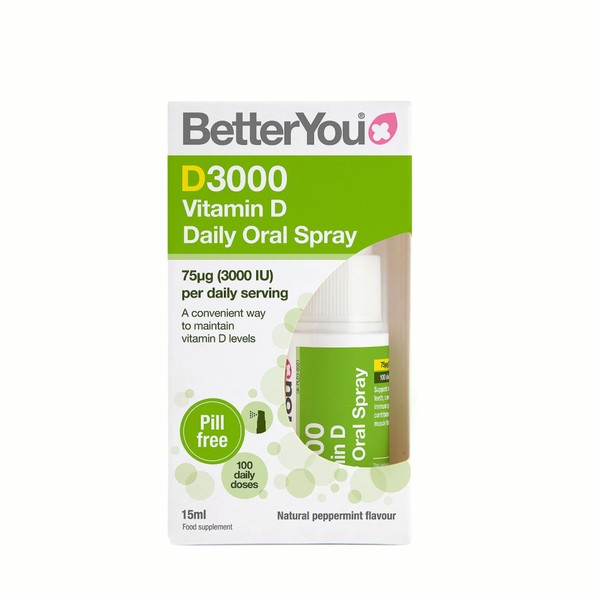
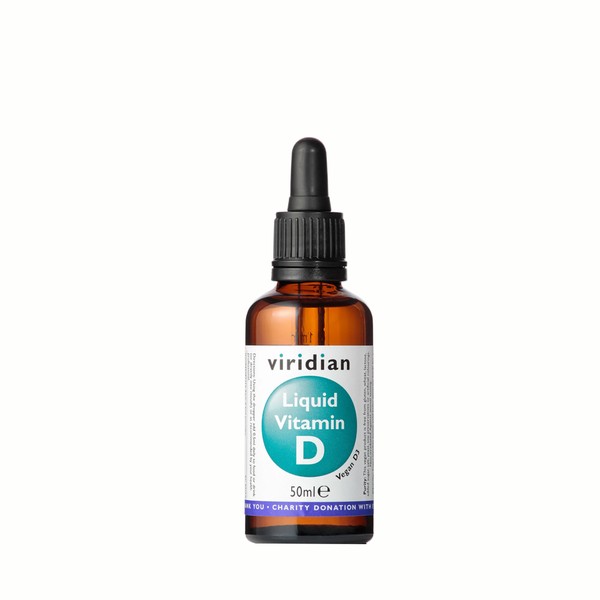

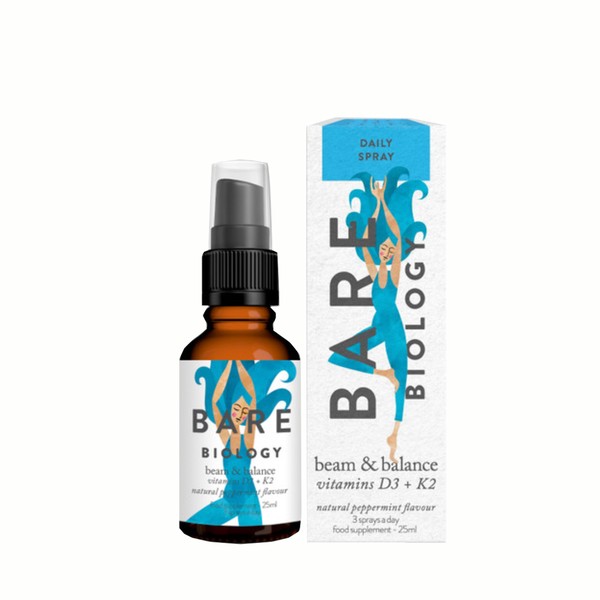
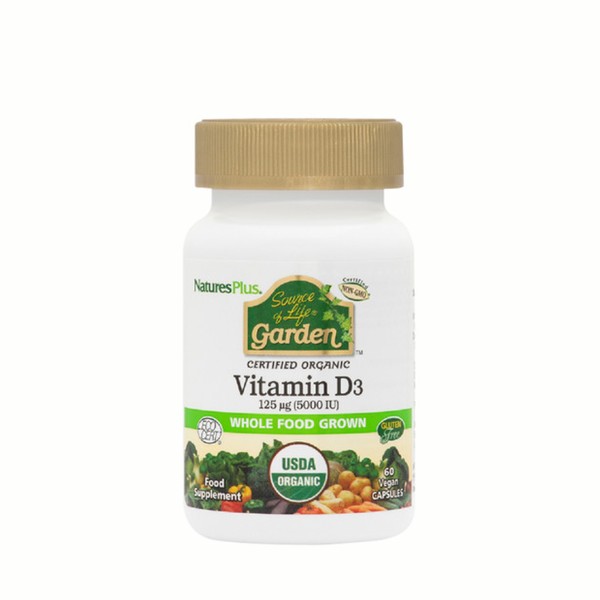


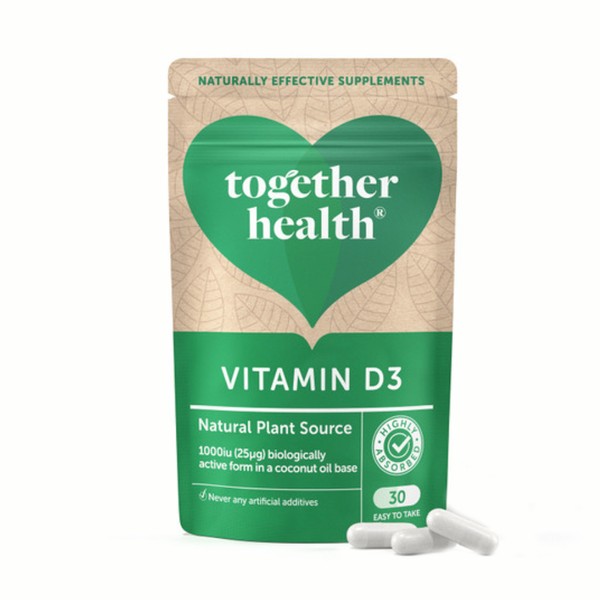
DISCLAIMER: Features published by SheerLuxe are not intended to treat, diagnose, cure or prevent any disease. Always seek the advice of your GP or another qualified healthcare provider for any questions you have regarding a medical condition, and before undertaking any diet, exercise or other health-related programme.
DISCLAIMER: We endeavour to always credit the correct original source of every image we use. If you think a credit may be incorrect, please contact us at info@sheerluxe.com.


